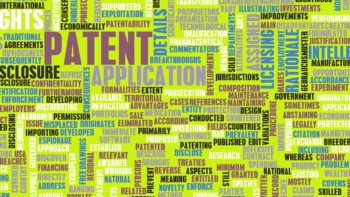Information and communication technologies are the pillars of the knowledge-based economy, and how countries adopt and master these technologies is the key to their future economic performance, according to a recent report published by the Organisation for Economic Co-operation and Development (OECD. The Science, Technology and Industry Scoreboard reveals that knowledge-based industries - which include high-tech manufacturing firms and the service sector - now produce more than half of the average gross domestic product (GDP) of OECD countries, compared with just 45% in 1985.
Investment in “knowledge”, which is defined as research and development, software and public spending on education, now accounts for 8% of the OECD’s total gross domestic product (GDP). Expenditure on knowledge is highest in Scandinavia and France (9-10% of GDP), and lowest in Italy and Japan (6-7%). OECD countries also invested an average of 7% of GDP on telecommunications in 1997 – up from 6% in 1992 – with spending highest in English-speaking countries, Sweden and Switzerland.
The report also shows that OECD countries are now spending more on research and development after “more than half a decade of stagnation”. Spending on R&D totalled $500bn in OECD countries in 1997 – equivalent to 2.2% of the OECD’s total GDP. The average figure is highest for Sweden (4% of GDP), followed by Finland, Japan and Korea (3%), but less than 1% in Mexico, Turkey and Greece. However, while R&D expenditure between 1991 and 1997 has risen in Korea and Sweden (up 1%), Ireland (up 0.5%) and Iceland (up 0.5%), it has fallen in Germany, the UK, France and Italy.



